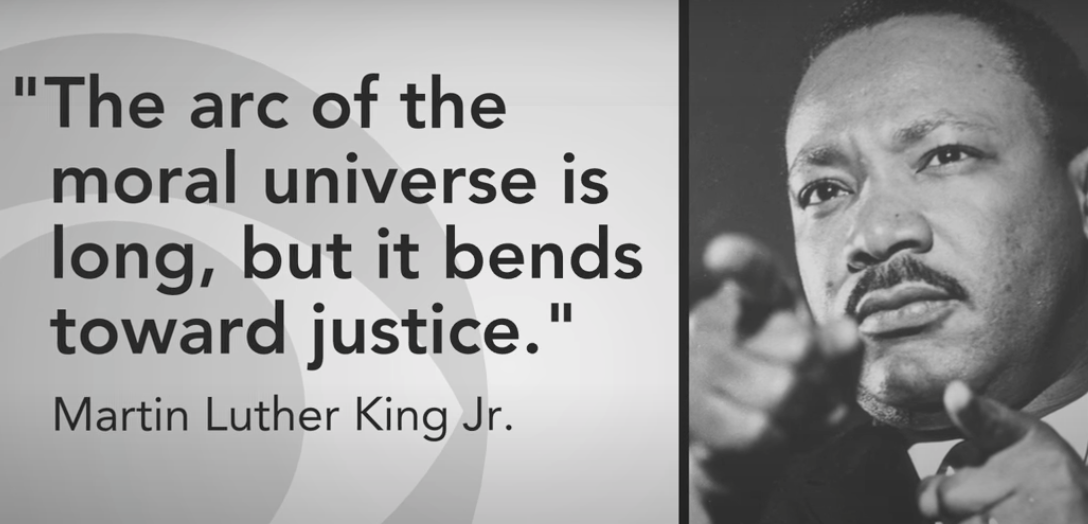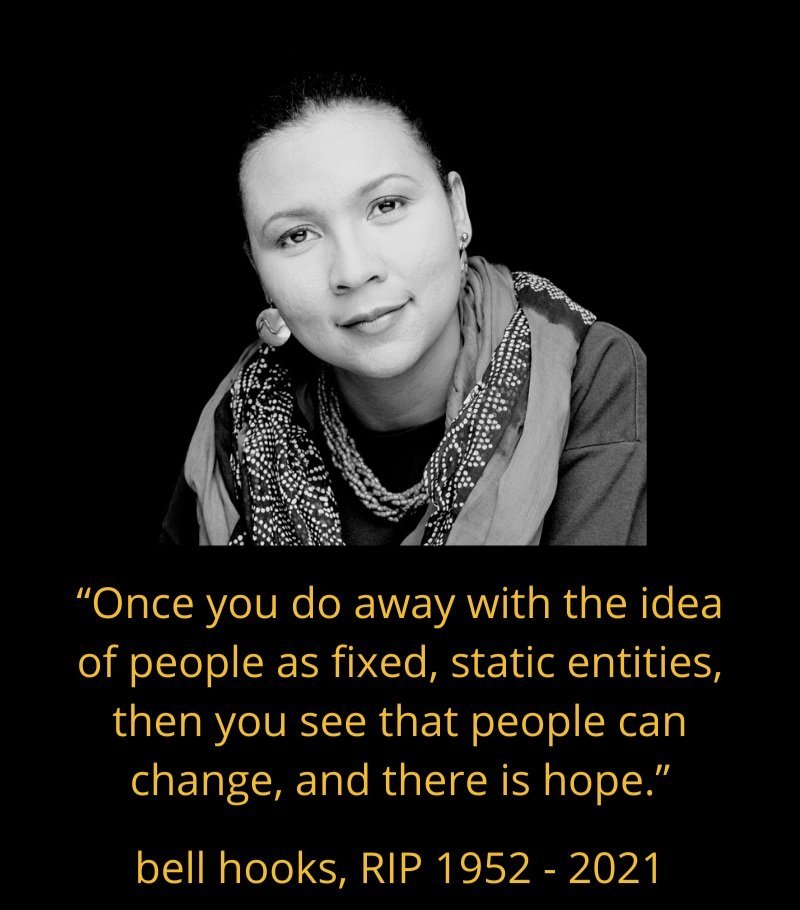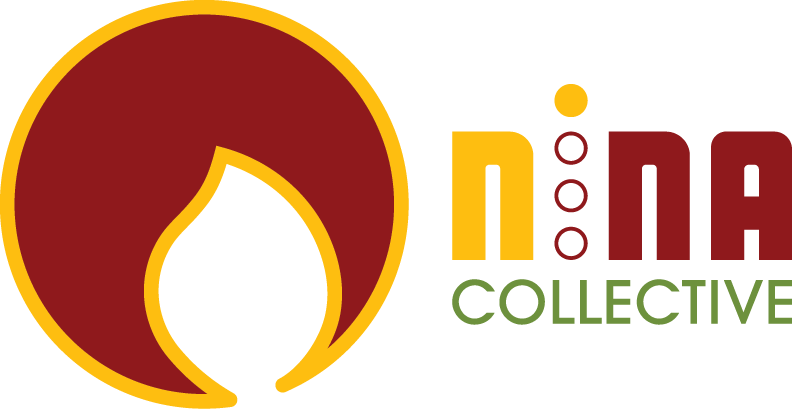
our blog
nINA collective blog



Navigating Change: Insights from nINA's Critical Theory Dialogue
At nINA, racial justice is at the core of everything we do. In a recent deep dive into Critical Theory versus Traditional Theory, led by our very own Member Director, Jacquie Boggess, we uncovered some powerful insights that are shaping our path forward.

nINA Community of Practice: A New Perspective
In the face of societal struggles and the challenges within our own circles, the collective commitment in 2024 is clear – we will not succumb to despair. Instead, we choose to amplify the joy and abundance within our community, turning these shared moments into a driving force for positive change. Our journey unfolds as a celebration marked by resilience and a profound shift towards highlighting the stories that bring us joy.

What does it mean to Decolonize?
We certainly do not have all of the answers at nINA, but we are committed to finding and following truth, and that means learning, and listening, and grappling when new information that is in tension with our previously held beliefs or understandings. This is how we participate in decolonization. In order to disrupt the mental and psychological elements of genocide and colonization that live in us, we must be willing to inspect old ways of thinking and to leave behind what is not aligned with our values.

Another way is possible
At nINA, we recently updated our theory of transformation. At its core, are three non-negotiables for transformation:
Center relationships
Ground in shared values, vision, and agreements
Believe that change is imperative & possible

Restorative Spaces
Art by Amanda Phingbodhipakkiya
Restorative spaces center relationships, human needs, responsibility to our interconnectedness, collective reintegration and radical healing. Restorative spaces connect and reconnect individuals with each other and themselves... Restorative spaces are not about you or me, they are about us. They forge bridges between each other holding shared values of humanity.

Iteration for Liberation
Restorative spaces center relationships, human needs, responsibility to our interconnectedness, collective reintegration and radical healing. Restorative spaces connect and reconnect individuals with each other and themselves... Restorative spaces are not about you or me, they are about us. They forge bridges between each other holding shared values of humanity.

Why co-learning and not training?
Racial justice and racial equity are not outputs that have one singular right answer. There are not Racial Equity plumbers or electricians who can come in and fix your broken equity, or give you a training on how to fix your own broken equity. However, there are Racial Equity coaches - where you commit to do most of the work, but you are supported by their guidance, motivation and accountability.

We don’t have to do things the same way: reimagining organizational wellness
When we started to see the toll this year, and this work, and this country was taking on our members, we had to pause and explore - what does another way look like? A way that centers relationships, values, and our shared humanity. 2020 taught us that we don’t have to do things the same way and there is nothing more important than self and community wellness. So what are we going to do about it?
